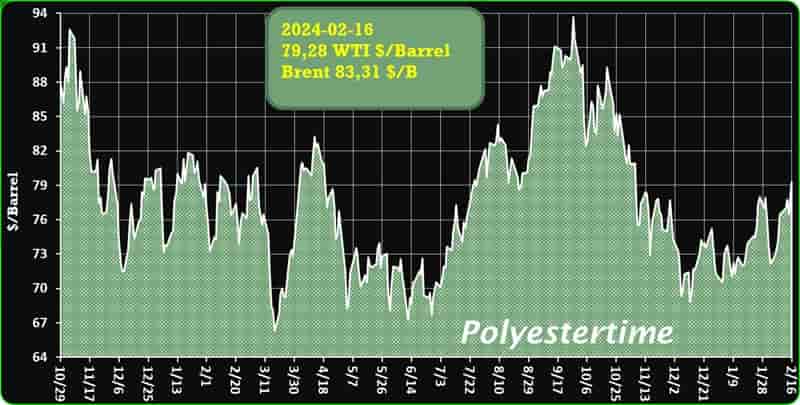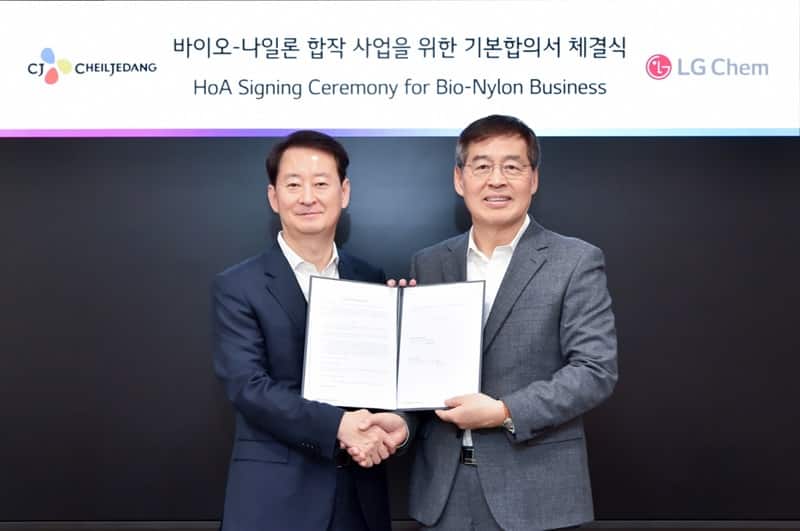Bio-based nylon – Intertape Polymer Group Inc. (IPG®) unveils its latest innovation, ExlfilmPlus® PCR, marking a significant stride towards sustainability in packaging solutions 16-02-2024
UK-based recycling and waste management firm, Viridor, has finalized its acquisition of the Norwegian chemical recycler, Quantafuel, resulting in the delisting of Quantafuel’s shares from Euronext Growth on Feb. 7.
The acquisition, valued at around £90 million, was initially proposed by Viridor a year ago, with additional capital pledged to support Quantafuel’s ongoing development endeavors. By May 2023, Viridor had become the majority shareholder in Quantafuel after the initial offer.
Prior to Viridor’s bid, Quantafuel had disclosed a strategic review in October 2022 to seek financial partnerships to address immediate liquidity challenges and secure long-term stability. Bio-based nylon
Quantafuel specializes in a plastics-to-liquids process that transforms waste plastics into a raw material akin to virgin fossil fuels, suitable for use in chemical production for manufacturing new plastics.
Notably, its technology excels in recycling plastic films, notoriously difficult to process through conventional mechanical recycling methods, which often result in quality degradation unsuitable for food-grade applications.
Headquartered in Oslo, Quantafuel operates a demonstration plant in Skive, Denmark, with plans to establish facilities in the UK and Dubai.
Lee Hodder, managing director of Viridor, emphasized, “Quantafuel’s integration into Viridor Polymers solidifies our position as a key player in the polymers reprocessing sector, highlighting our joint commitment to innovation and fostering a circular plastic economy.”
Viridor aims to leverage Quantafuel’s foundation to further advance the commercialization of its technology, aligning with the company’s ambition to spearhead innovation in plastic recycling and achieve full plastic circularity by 2025. Bio-based nylon
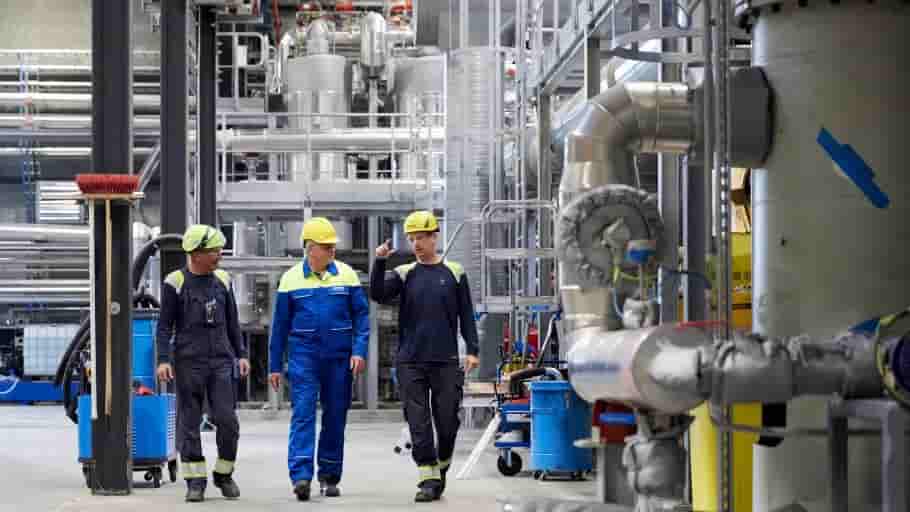
Grace has licensed its second UNIPOL polypropylene process technology reactor to China Coal Shaanxi Energy & Chemical Group Co., Ltd., marking a significant expansion in polypropylene production capacity
W.R. Grace & Co. revealed that the agreement entails doubling the annual polypropylene production capacity from 300 to 600 kilotons. Additionally, the deal encompasses the provision of Grace’s UNIPOL UNIPPAC process control software, empowering China Coal Shaanxi Company to enhance metrics such as throughput, onstream time, and continuity.
Situated in Yulin City, Shaanxi province, China, the new reactor line is slated to commence production of high-quality homopolymers, random and impact copolymers, and terpolymers in 2025. Bio-based nylon
Thomas Deman, President of Specialty Catalysts, Supply Chain, and Procurement at Grace, expressed enthusiasm, stating, “We are thrilled to assist China Coal Shaanxi Company in expanding their PP production capabilities to meet customer demand.” He emphasized the combination of Grace’s UNIPOL PP technology and UNIPOL UNIPPAC process control software as the most rapid and efficient approach for China Coal Shaanxi Company to optimize reactor performance and gain competitive advantages in product differentiation, quality, and cost.
China Coal Shaanxi Company affirmed their satisfaction with the partnership, highlighting Grace’s advanced PP technology, reliable production capabilities, technical service, and UNIPOL UNIPPAC process control software. Grace, a leading global licensor of polypropylene process technology, had secured nearly 2.5 million tons of licensed capacity with five polypropylene manufacturers worldwide by 2023. The high-performance polypropylene resins produced through UNIPOL PP process technology are fully recyclable and widely utilized in automotive parts, packaging, and consumer goods. For more details, visit UNIPOL PP technology. Bio-based nylon

Versalis has commenced construction on a plant dedicated to the mechanical recycling of styrenic waste in Porto Marghera, targeting an operational launch by August
Last year, preliminary site activities were finalized, paving the way for this significant endeavor.
Equipped with technology and machinery procured from Ecoplastic three years prior, the facility aims to process up to 20 thousand tonnes of styrenic waste annually upon full operation. The incoming waste, already treated and designated, will undergo a process developed by Ecoplastic, facilitating the production of both expanded polystyrene (rEPS) and compact polystyrene (rGPPS) with recycled content of up to 100%.
The resultant regenerated materials will bolster Versalis Revive recycled polymers, catering to sectors such as packaging and construction. This initiative marks the initial phase of Venetian petrochemical industry’s transition toward circular economy principles. Subsequently, plans entail the establishment of an additional advanced mechanical recycling plant for plastic waste, sourced from separate waste collection, focusing on polystyrene and high-density polyethylene. Bio-based nylon
With an approximate treatment capacity of 50 thousand tonnes annually, this second venture stems from a licensing agreement inked two years ago with Forever Plast. While the completion date remains unspecified, basic engineering is finalized, and feasibility studies for project development are underway. Upon the realization of this secondary phase, Versalis anticipates recycling around 70,000 tonnes of plastic waste yearly in Porto Marghera, contributing to internal reuse initiatives.
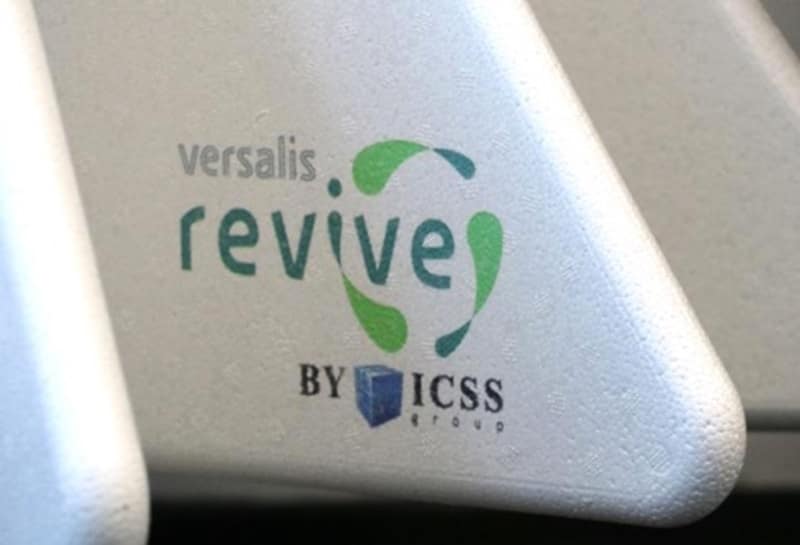
Covestro starts up bio-based aniline pilot plant in Leverkusen
Covestro AG (Leverkusen, Germany) is moving forward with the implementation of a unique process for producing the important chemical aniline entirely based on plant biomass instead of petroleum for the first time. Bio-based nylon
At its Leverkusen site, the plastics manufacturer has now put a special pilot plant into operation for this purpose. Initially, large quantities of bio-based aniline will be produced there, so that the new technology can be further developed for production and transferred to an industrial scale. In the plastics industry, aniline is used to produce MDI, among other things. This in turn is used for insulating foam, for example, which saves energy in buildings and reduces the CO2 footprint. Covestro believes it will contribute to the promotion of the Circular Economy, which the company is aiming to become fully aligned with. Bio-based nylon
In attendance at the opening ceremony were North-Rhine Westphalia’s Deputy Minister President Mona Neubaur as well as Professor Walter Leitner, Managing Director of the Max Planck Institute for Chemical Energy Conversion in Mülheim an der Ruhr.
Together with Dr. Thorsten Dreier, Chief Technology Officer of Covestro, they discussed the significance of bio-based raw materials for a sustainable chemicals industry of the future.
“Among other things, aniline is a key raw material for foams used to insulate buildings and refrigerators,” explained Dreier, on the significance of the base chemical.
“Until now, aniline has been produced from fossil raw materials such as petroleum, which releases CO2 and fuels climate change.
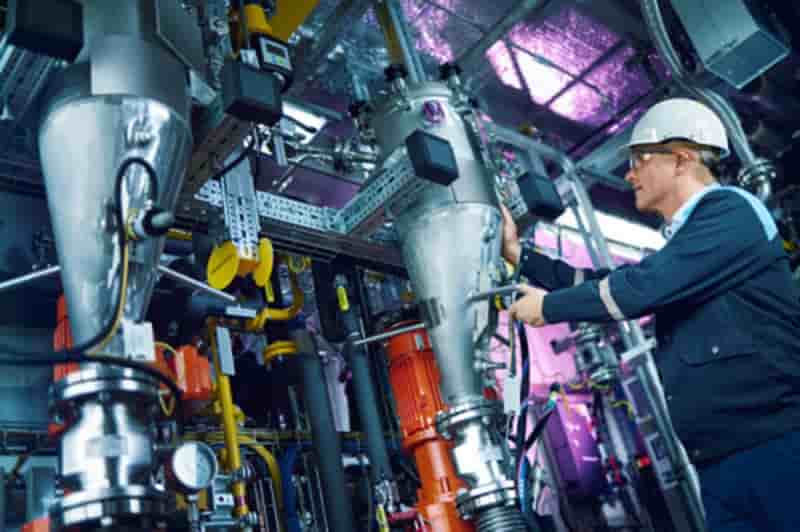
Intertape Polymer Group Inc. (IPG®) unveils its latest innovation, ExlfilmPlus® PCR, marking a significant stride towards sustainability in packaging solutions
This polyolefin shrink film boasts a remarkable 35% total recycled content and is primed for recycling at store drop-off points. Bio-based nylon
Addressing the escalating demand for eco-friendly and circular packaging options, ExlfilmPlus PCR not only prioritizes environmental responsibility but also maintains superior performance and quality standards.
Comprising a minimum of 10% certified post-consumer recycled content and 25% certified post-industrial recycled content, this polyolefin shrink film incorporates certified mechanical post-consumer recycled materials sourced from recycled plastic waste. Notably, ExlfilmPlus PCR holds the prestigious prequalification from HOW2RECYCLE for store drop-off recycling and is sanctioned for select direct food contact applications. Its availability in thinner gauges compared to conventional products enables a material usage reduction of up to 9%. Bio-based nylon
ExlfilmPlus PCR empowers customers to align with sustainability goals by significantly diminishing the environmental impact of their packaging practices. By embracing recycled materials and facilitating recyclability, this innovation actively contributes to the circular economy paradigm. Intertape Polymer Group Inc.’s ExlfilmPlus PCR embodies a pivotal step forward in advancing sustainable packaging solutions for a greener future.
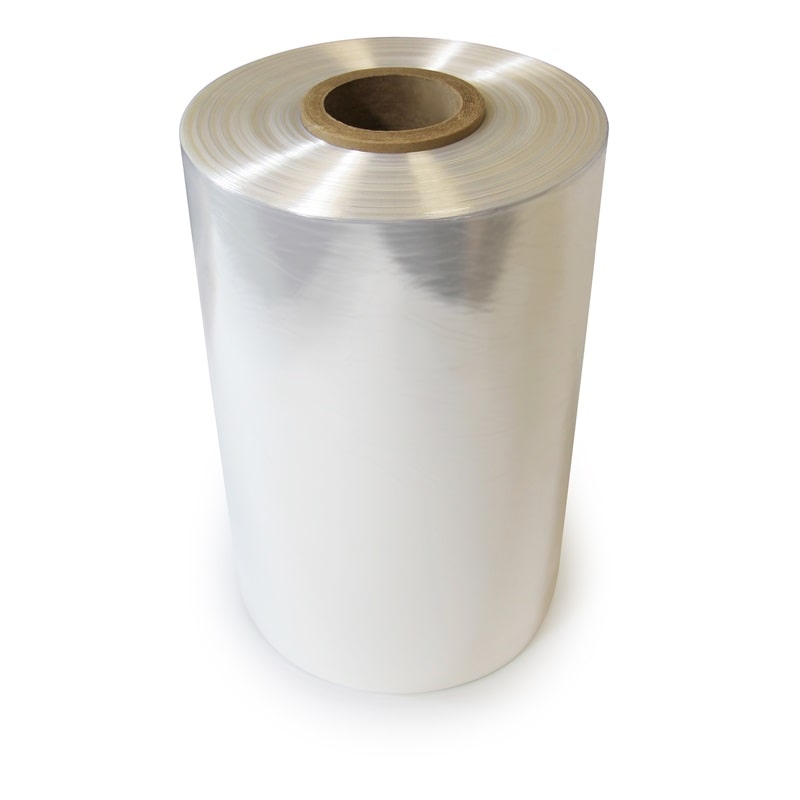
Sidel has joined forces with EcoVadis to champion a sustainable supply chain, marking a significant step in their environmental and ethical endeavors
Under this new supply chain strategy, EcoVadis, renowned sustainability assessors with over 17 years of experience and having evaluated more than 125,000 companies, will evaluate the environmental, social, and ethical performance of Sidel’s suppliers.
Francesca Bellucci, Head of Environmental, Social, and Governance (ESG) at Sidel, emphasizes the centrality of this strategy to their ESG practices, citing that over 10% of their greenhouse gas emissions originate upstream. Bio-based nylon
Sidel is committed to ensuring human rights enforcement throughout the value chain and recognizes the importance of robust supplier relationships in achieving their ambitious ESG objectives.
Lisete Pereira, Responsible Sourcing and Project Manager at Sidel, highlights their transition to EcoVadis for sustainability assessments, aiming to engage suppliers on the EcoVadis platform to advance their sustainability roadmap. This initiative, outlined in Sidel’s ESG Report 2022, aligns with EU Commission Green Deal principles and supports compliance with the Corporate Sustainability Reporting Directive. Bio-based nylon
Through this collaboration, Sidel aims to significantly reduce greenhouse gas emissions in purchased goods and services by almost 30% by 2030 compared to 2019 levels, while also upholding human rights and ethical governance standards across the supply chain.
Julien Carboni, Strategic Account Executive at EcoVadis, stresses the importance of communication and collaborative action in supporting suppliers toward sustainability.
He emphasizes that Sidel’s suppliers can demonstrate their commitment to sustainability to customers through a trusted sustainability rating provided by EcoVadis. Bio-based nylon
Francesca Bellucci concludes by asserting Sidel’s belief in transparent collaboration across the entire value chain as essential for creating a greener and better future for all.
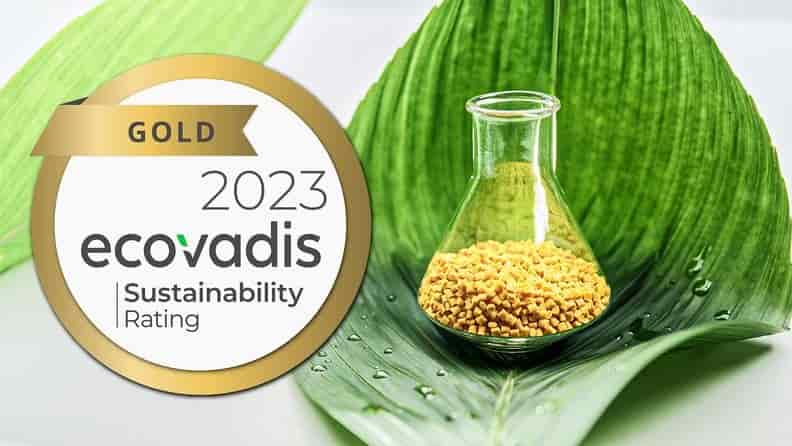
Closed-loop recycling – Researchers develop eco-friendly ‘magnet’ to battle microplastics 15-02-2024
Bio-based nylon

